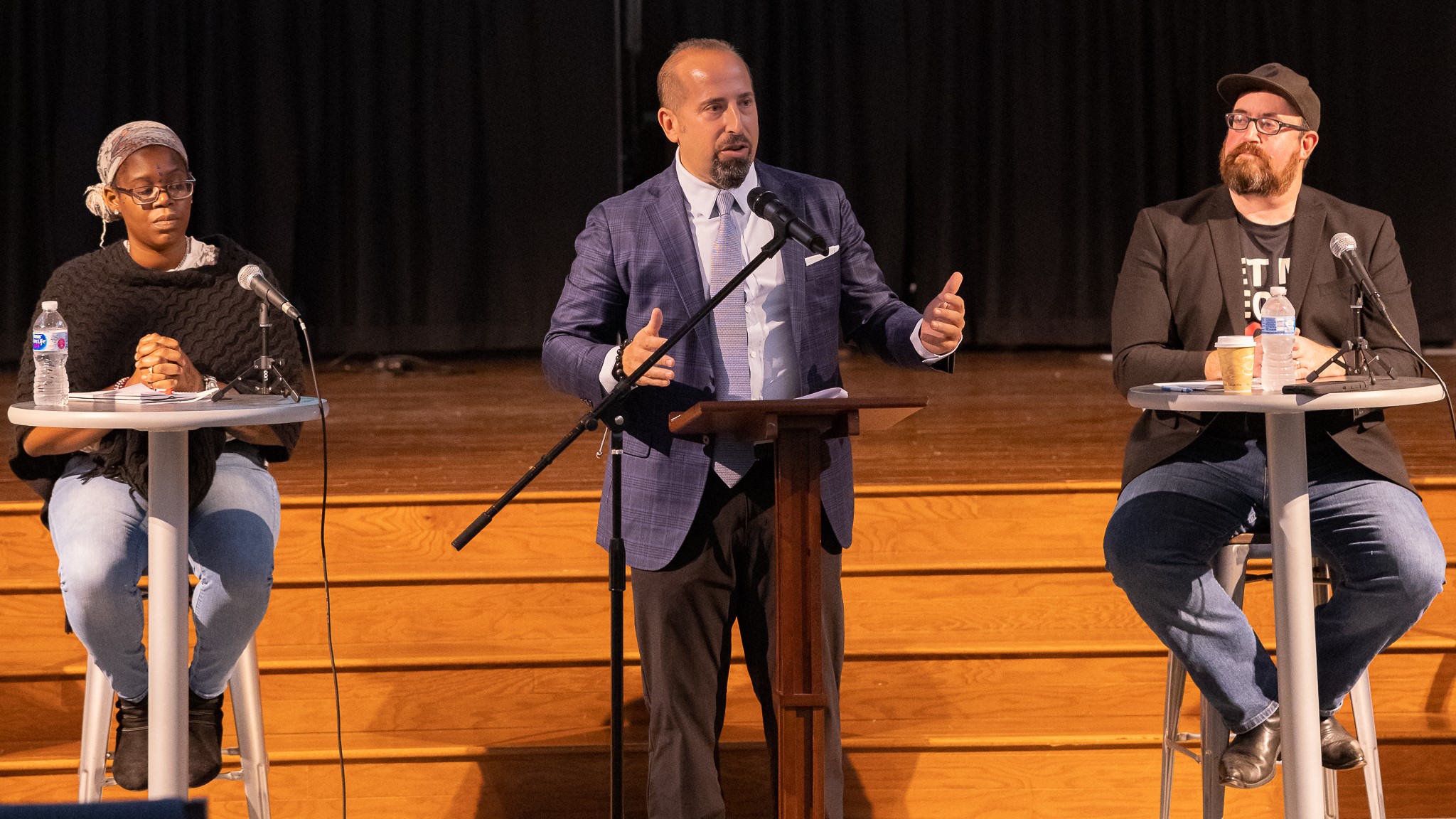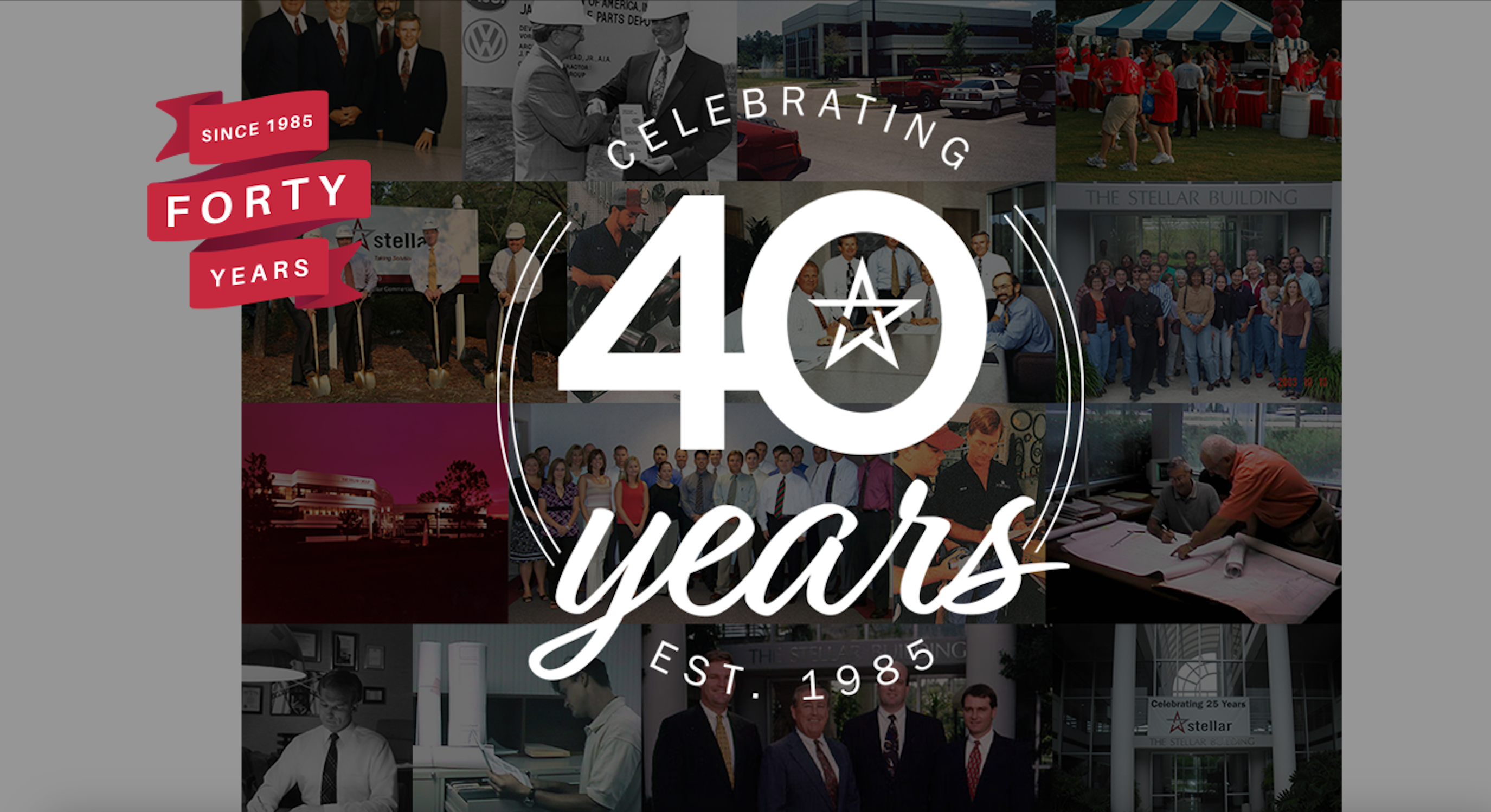Thaddeus Bereday grew up privileged, became a successful corporate attorney, had a successful marriage and four kids. Then, he went to federal prison for six months.
That six months became an awakening.
Bereday no longer practices law, after pleading guilty to one count of making a false statement to Florida’s Medicaid Program after working as corporate counsel for health insurance behemoth WellCare.
What he learned in prison was that crime and punishment in the U.S. is far from merciful, he said. People who committed crimes in their 20s rot in prison for decades, long after they are any threat to society, he believes.
These days, Bereday is laser-focused on having a dialogue about crime and punishment and ways to make the system more merciful. He started a podcast in January entitled Redemption Radio to advocate for a better criminal justice system.
“That is my calling, my vocation, but not for profit,” said Bereday, who is involved in The Portico, the Hyde Park United Methodist Church’s downtown Tampa program focusing on “the spiritual fabric of Tampa through conversation, connection and community change.”
“I am full-time devoted as an advocate to criminal justice reform and that is my foreseeable future,” Bereday said. “In this season of my life, I am more focused on the soulful aspects of personal growth and giving back to the community.”
His motivation is the experiences he encountered inside federal prison. “I have gotten to live with, eat with, walk with, pray with, and know people who are from different backgrounds than mine, often people who don’t look like me and have grown up with very different life experiences.”
Most are people of color, he said. “We found commonalities because there are common threads of injustice, unfairness, and the harsh realities of how the system operates. Many of the men on the inside said, ‘don’t forget me when you get out.’ I work every day with my memory of those left behind.”
After receiving an unexpected full pardon from President Donald Trump on his last day in office, Bereday has focused on the issues of rehabilitation and re-entry into society, “knowing and recognizing this feeds into a very harsh punitive system that has fed the challenge of mass incarceration in our country. I have come to recognize this criminal justice system has a very ugly legacy tracing its roots back to the Jim Crow era desegregation policies. Those policies are still in play today in our tough-on-crime culture. They have a disproportionate impact on communities of poverty, which are more often brown and black.”
There are many areas in desperate need of reform, Bereday said. “My main interest is leading a dialogue about crime and punishment… and assisting those on the inside to gain experience, training, better coping skills, and support systems so they have a more meaningful chance for a return to the community and for redemption.”
When Bereday first arrived at The Portico, he knew little about giving back, he said. “I really had never done this kind of work before. I asked my pastor and some other ministry leaders to teach me to serve and they did. That place is a citadel of social justice warriors, people who are changing the world at the grassroots level one person at a time.”
Those at The Portico roll up their sleeves and work with disadvantaged communities, to help people live up to their full potential, he said. “It is a faith walk for me, but I have come to put less emphasis on the faith and God aspects of this because for some, religion can be off-putting, and I don’t want that to be an obstacle.”
Much of Bereday’s work at The Portico as its justice ministry leader started after the murder of George Floyd. “It was a time when people from communities like mine, largely white and privileged, were looking around and wondering what everyone was so angry about and what their role was in it and how to support it. That led to a series of events that I would call courageous conversations.
“We learned what it is like to grow up Black in America, what it is like to grow up with racial experiences that help form bias, what it means to be an ally and support others from communities that are different from ours. It really set the stage for the journey I am on,” Bereday said.
But passing that experience along is very challenging, he said, and he is still trying to figure out the best way to approach people. “Courageous conversations push us beyond the limits of our comfort zone. Those are the spaces where change can occur.”
Bereday said he prays that God will give him the words to use to communicate effectively what needs to be said and to call the audience that needs to hear what he is sharing.
“It is a very difficult thing to do. If you came upon people in a way that makes them feel accused or guilty or alienated, it doesn’t work as well. If you can draw people in on issues that are universal and felt from the heart, like fairness and mercy, you can sometimes gain adherence.”




























